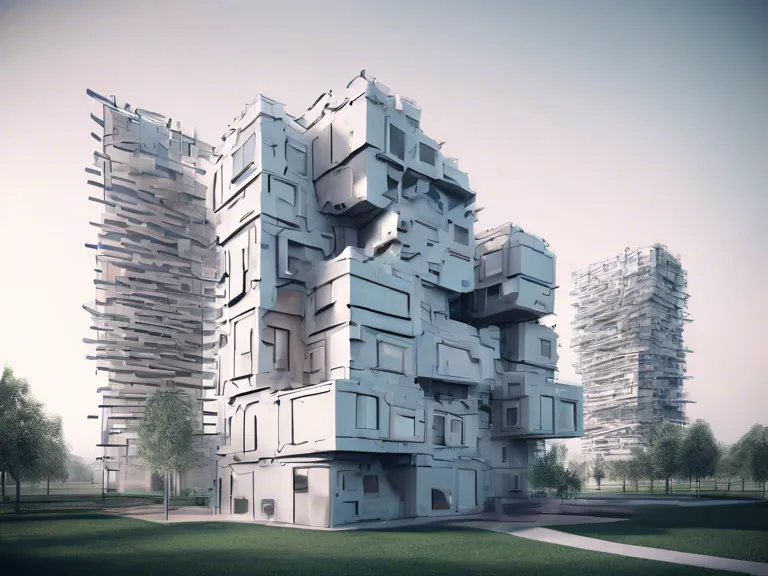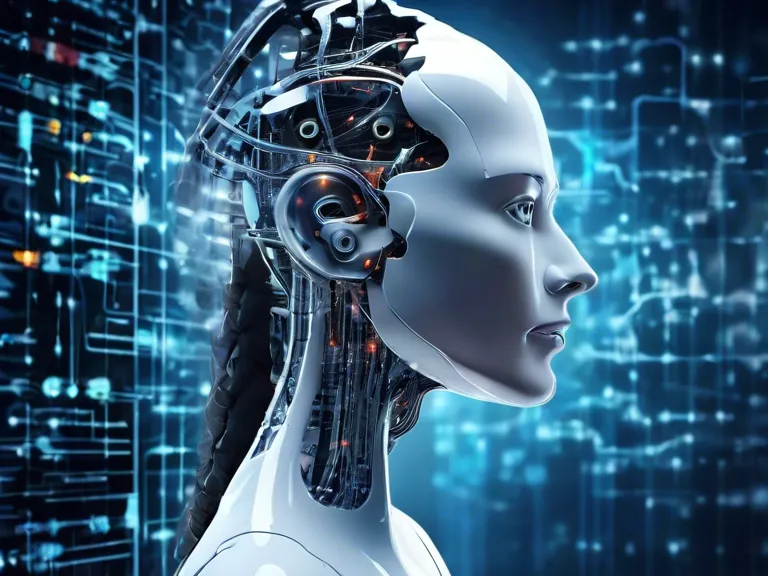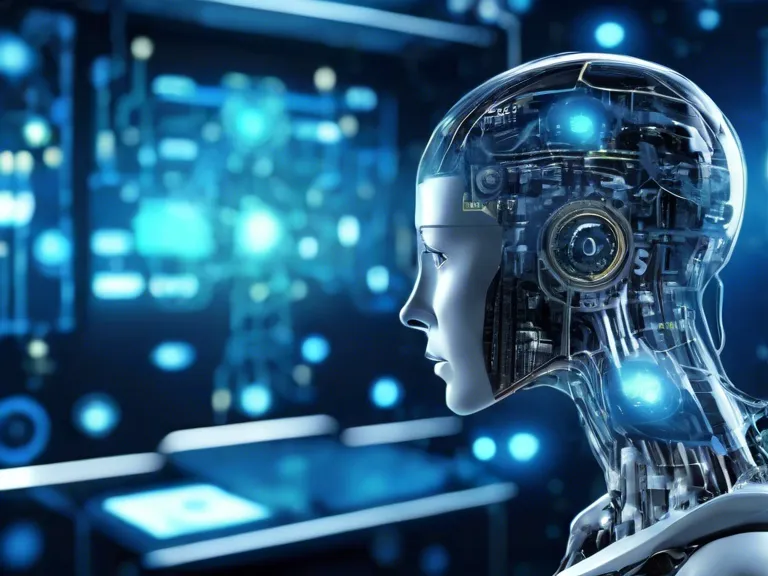
AI in Architecture: TrendAlert for Cutting-Edge Design and Building Technologies
As the field of architecture continues to evolve, so does the technology that supports it. One of the most exciting developments in recent years is the integration of artificial intelligence (AI) into the design and building process. AI has the potential to revolutionize the way architects approach their work, from conceptualizing designs to optimizing building performance. In this article, we'll explore some of the key ways in which AI is being used in architecture today and how it is shaping the future of the industry.
One of the primary benefits of AI in architecture is its ability to streamline the design process. By analyzing vast amounts of data and incorporating feedback from users and stakeholders, AI can help architects generate more creative and efficient designs. This can lead to buildings that are not only visually stunning but also functional and sustainable. AI can also optimize building performance by simulating different environmental conditions and finding the most energy-efficient solutions.
Another key application of AI in architecture is in the construction phase. AI-powered robots can be used to prefabricate building components, reducing waste and speeding up the construction process. This can lead to cost savings for developers and a faster turnaround time for projects. AI can also be used to monitor construction sites in real-time, detecting potential safety hazards and ensuring that projects stay on schedule.
In addition to its practical applications, AI is also being used to push the boundaries of architectural design. By analyzing patterns in existing buildings and structures, AI can help architects come up with innovative design solutions that challenge traditional notions of space and form. This can lead to buildings that are truly one-of-a-kind and push the limits of what is possible in architecture.
Overall, AI is set to play a critical role in the future of architecture. By harnessing the power of AI, architects can create more efficient, sustainable, and innovative designs that meet the needs of our rapidly changing world. As technology continues to advance, we can expect to see even more exciting developments in the field of AI in architecture.


